|
By Karen Carnabucci, LCSW, TEP I remember the first time that I introduced the principles of sand tray into a psychotherapy session with a couple, who I’ll call Harry and Sally. The couple, who were experiencing great conflict in their marriage, had arrived in my therapy room several weeks before, saying that they had difficulty communicating with each other and that most discussions of any substance resulted in angry feelings. Each of the couple demonstrated stereotypical gender behaviors: Sally was highly talkative and verbally adept as she chatted easily for many minutes about what she was thinking, feeling, wanting and needing. By contrast, Harry showed up as the proverbial strong and silent type. He appeared to have difficulty bringing a full sentence forward when facing his talkative wife, even though he was well educated and highly successful in a demanding professional job. Seeing that Harry appeared intimidated by his wife’s verbal skills, I asked each of the couple to select an object for him or herself.
Sally picked a frilly ballerina posed on one toe in the middle of a dramatic pirouette, and Harry picked a suited man standing with a briefcase in hand. I rolled over my tray of sand, and each placed his and her personal object in the center of the tray, “looking” at each other. Next, I directed the couple to each select four additional objects each that would represent the key topics that each believed they could address to make the relationship more satisfying. Once all objects were added to the tray scene, each of the couple was given the opportunity to pick up the “topic” symbols one by one to explain their meanings. Suddenly, Harry began talking. Holding each object, one after another, he appeared to have found his voice. It seemed that the handy objects gave silent permission to speak his truth with unusual ease and clarity. Sally leaned over the tray with curiosity to inspect carefully one of objects he had chosen. When it was her turn to show and tell, Harry seemed genuinely interested. The session, with the help of the small figures in the boundaries sandbox, left the couple smiling that evening as they headed for home. Which brings me to this fact: Although sand tray therapy is typically considered a certain kind of play therapy for children, it’s much more than that. Many creative arts practitioners use the sand tray to engage adults in a variety of ways, including one-on-one consultations, as well as with couples, families and groups. What is known today as sand tray therapy has an interesting history. Dora Kalff, a protégé of the Swiss psychoanalyst Carl Jung who studied with play therapy pioneer Dr. Margaret Lowenfeld, is generally considered the originator of what she called “sandplay” in the 1950s. It involved using a large low-sided wooden box filled with play sand and populated by small figures selected by the patient. The patient and analyst viewed this three-dimensional picture silently, and then the patient went home, to return the following week to create another picture. The idea was that the patient shared his or her unconscious self through the three-dimensional image, and the process continued until the problem was resolved within the unconscious mind. Today, many practitioners have been inspired by this classic method and have adapted it to offer what is now popularly called “sand tray” or “sandtray,” a different yet similar approach. In sand tray, the practitioner may talk, direct and offer prompts to the seeker, as the seeker creates a picture to show a problem, difficulty or situation the person is encountering. Then, by talking, sharing, moving figures and integrating other methods, the person leaves with a new image to ponder, fresh insights on a problem or a possible solution to address the situation. Sand tray is especially helpful in concretizing, clarifying and resolving the conflicting energies, motivations, values, and voices that often contribute to a sense of “stuckness” with our clients. Its in-hand availability easily engages people who have difficulty in talking about their problems or life issues, and the images that are formed and re-formed are compatible with the latest research on neurobiology and how our brains and beings accept new images into consciousness. As a practitioner and trainer, I combine the methods of sociometry, psychodrama, Family Constellations and mindfulness in my sand tray work with clients and as a supervisor when working with other professionals; sand tray instruction is one of my most popular training classes. Other practitioners use methods like Internal Family Systems, Gestalt theory, Solutions-Focused therapy. EMDR and other modalities that they combine with sand tray. Whatever the approach, sand tray is highly useful way of finding solutions when talk is not enough.
0 Comments
Your comment will be posted after it is approved.
Leave a Reply. |
AuthorKaren Carnabucci, LCSW, TEP, is an author, trainer and psychotherapist who promotes, practices and teaches experiential methods including psychodrama, Family and Systemic Constellations, sand tray, mindfulness and Tarot imagery. Archives
December 2023
Categories
All
|
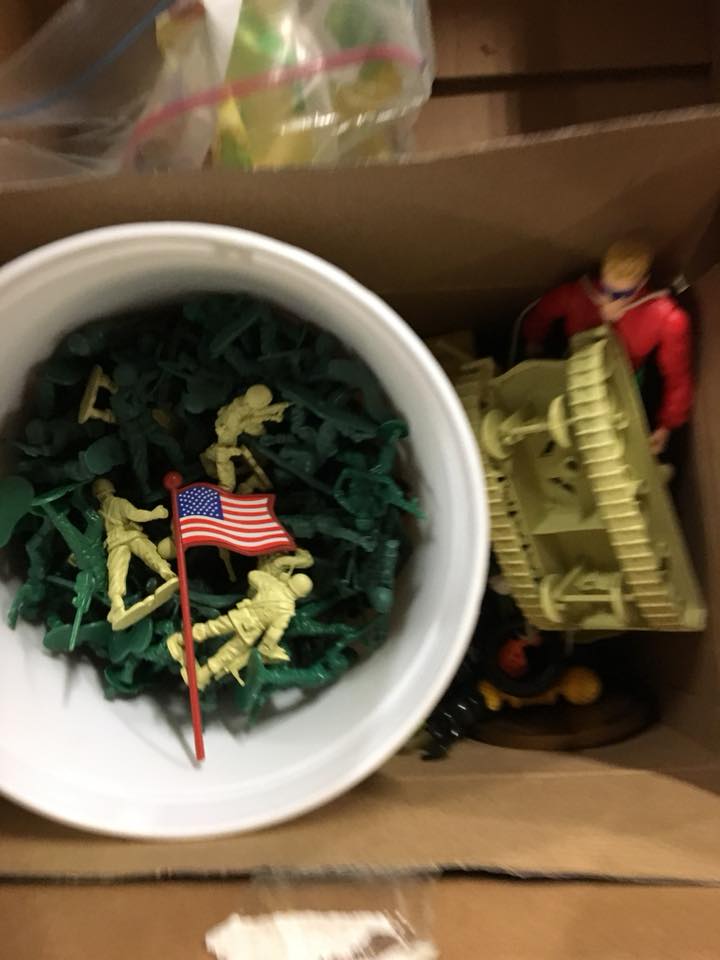
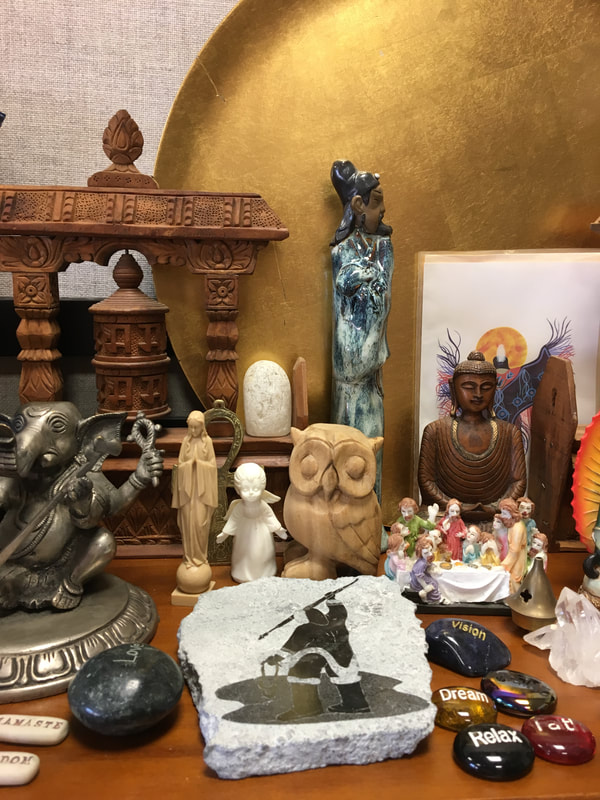
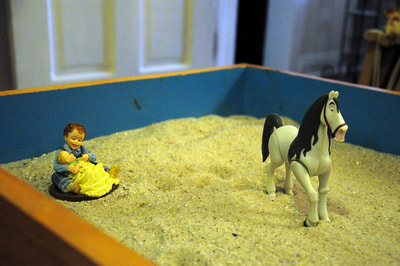
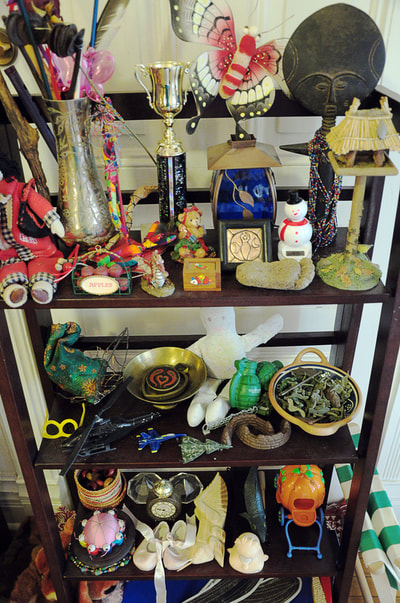
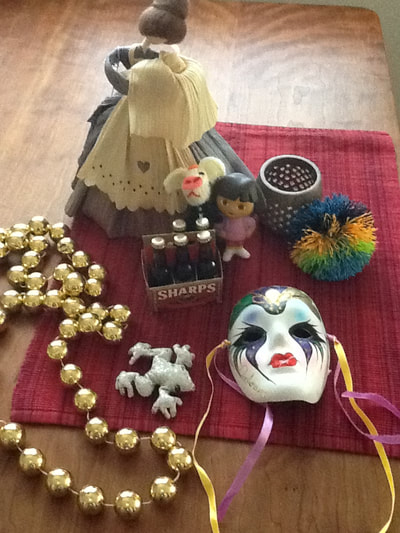
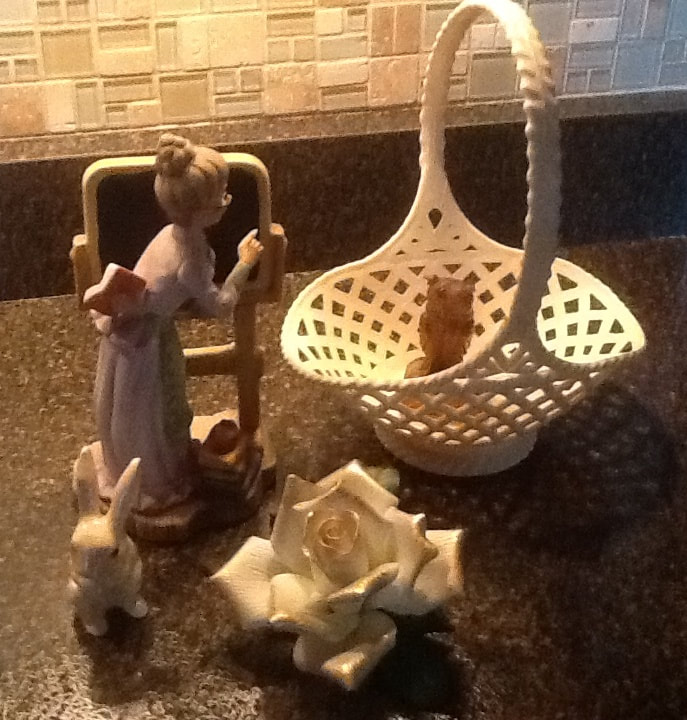
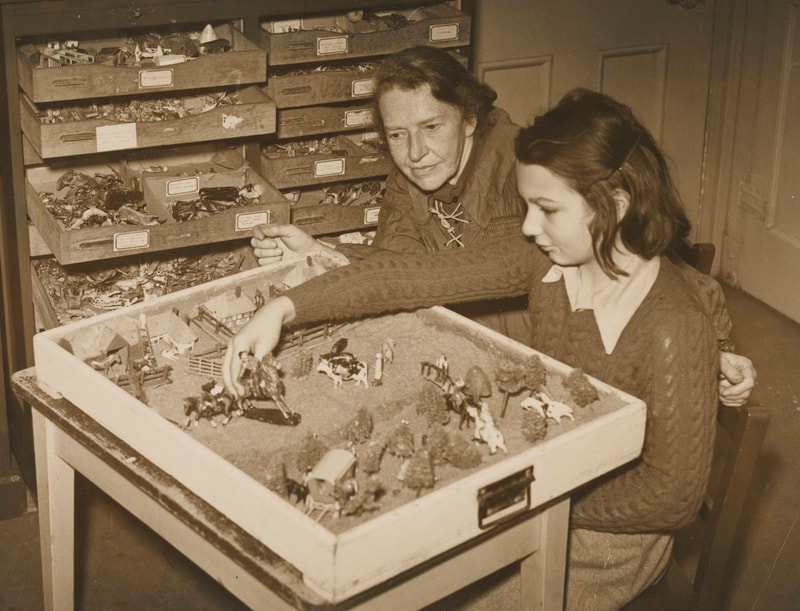
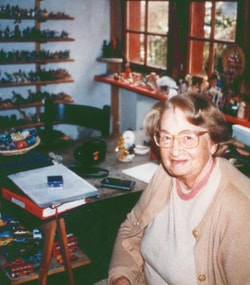
 RSS Feed
RSS Feed